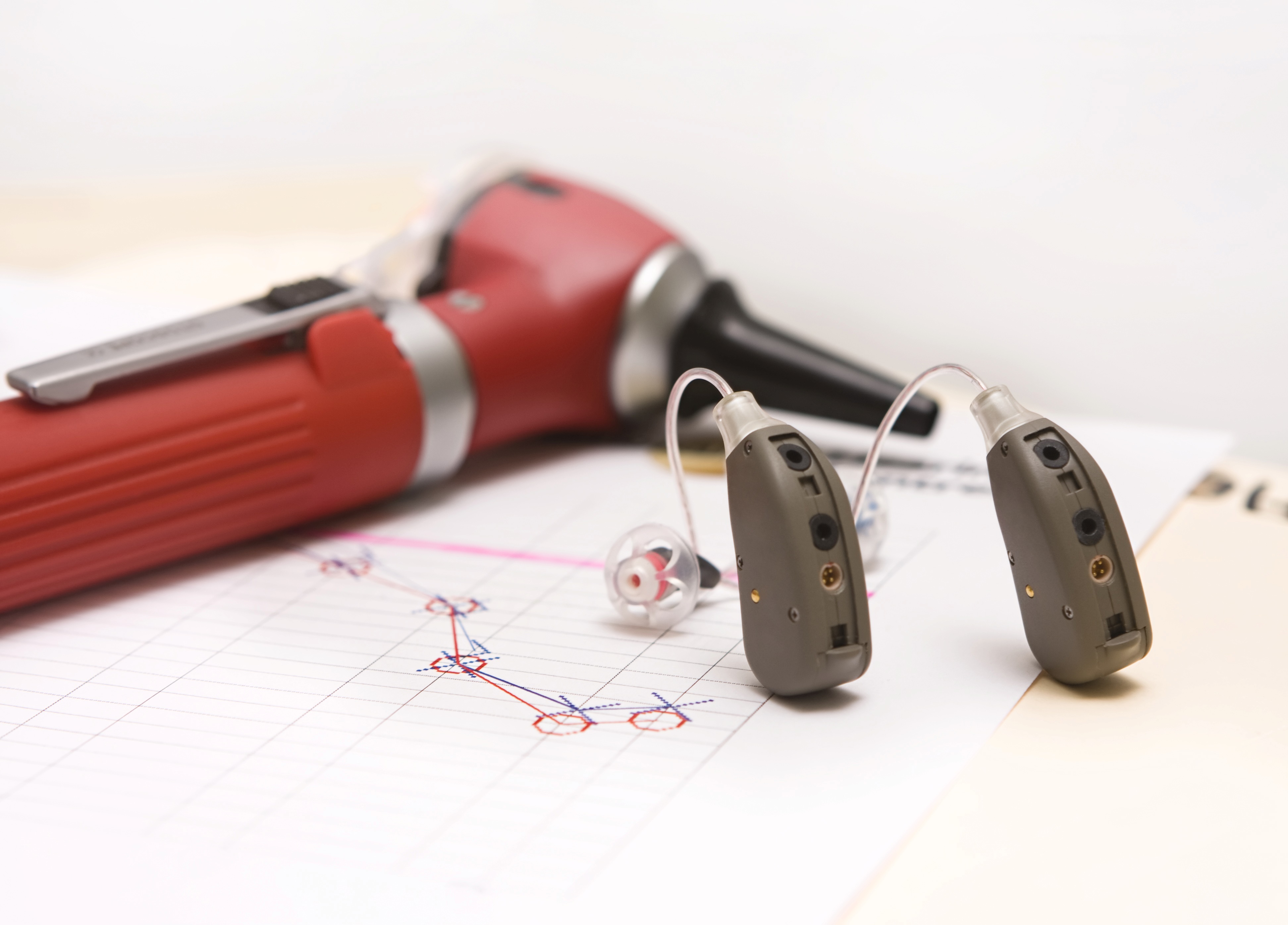
You’ve most likely watched the commercials. The ones promoting PSAPs, or personal sound amplification products, assuring an improvement to hearing for as little as 20 dollars. It appears to be a terrific bargain—especially in comparison to the substantial selling price of a hearing aid.
In reality, it’s not so much a good deal as it is shrewd marketing. The ads do their best to obscure some crucial information while concentrating on carefully chosen talking points.
But the question remains: why would you want to spend more money on a hearing aid when less expensive PSAPs are available? Here are five good reasons.
1. PSAPs are not medical devices regulated by the FDA
Listen carefully to the PSAP advertisements. You’ll hear all about “boosts” to hearing but never about treating hearing loss. The reason: PSAPs are not FDA-regulated medical devices and cannot be used to treat any medical ailment, including hearing loss. PSAPs are merely leisure products intended to produce advantages to those who can already hear normally.
Using a PSAP to treat hearing loss is like purchasing a pair of reading glasses to treat near and far-sighted vision impairment. Hearing aids, on the contrary, are FDA-regulated medical devices that can proficiently treat hearing loss.
2. PSAPs are not customizable
Hearing aids may not look very impressive on the outside, but inside they include advanced digital technology that can slice up, save, manipulate, and control any kind of sound. Hearing aids can additionally create modifications for pitch and volume so that amplification matches the patient’s hearing loss exactly.
A PSAP, in comparison, is a one-size-fits-all electronic device that amplifies soft sounds. Since everyone’s hearing loss is a little different, PSAPs won’t amplify the correct frequencies. Rather, PSAPs will amplify all sound, producing distortion in noisy spaces.
3. PSAPs can’t enhance speech
Speech sounds are unique in that they are largely represented in the higher frequencies, especially in comparison to background noises. Given that digital hearing aids can detect variations in sound frequency, hearing aids can amplify speech while restraining background noise. PSAPs, by and large, lack this capability.
4. PSAPs might cost you more in the end
To start with, hearing loss is in some cases brought about by factors that do not require hearing amplification whatsoever. If, for instance, earwax buildup is generating your hearing loss, an easy professional cleaning can correct your hearing within minutes—and without a dime spent on any amplification devices.
Second, sometimes more significant medical conditions can result in hearing loss, so you’ll want a professional evaluation to rule this out. Considering that you can purchase a PSAP without any interaction with any healthcare specialists, you could be placing yourself in real danger.
Third, if you do have noise-induced or age-related hearing loss, a PSAP will not function the way you would need it to. You’ll probably purchase a hearing aid at some point anyway, so you might as well bypass the additional expense of the PSAP.
And last, contrary to hearing aids, there is no mandatory trial period for PSAPs. If you purchase one and it doesn’t get the job done, there’s no legal guarantee that you’ll recuperate your money.
5. PSAPs lack the features of a hearing aid
PSAPs, like we stated, are simple amplification instruments stripped of any sophisticated functionality. Hearing aids, in contrast, can enhance speech, minimize background noise, and adjust to different surroundings. Some hearing aid models can even stream phone calls and music wirelessly, and some can be regulated with smartphones and watches.
The choice is yours
PSAPs do have their uses. If you have healthy hearing, PSAPs are perfect for things like bird watching and eavesdropping on conversations, if that’s your sort of thing.
But for hearing loss, don’t settle for less than you deserve. Your hearing, and the relationships that depend on it, are too valuable.